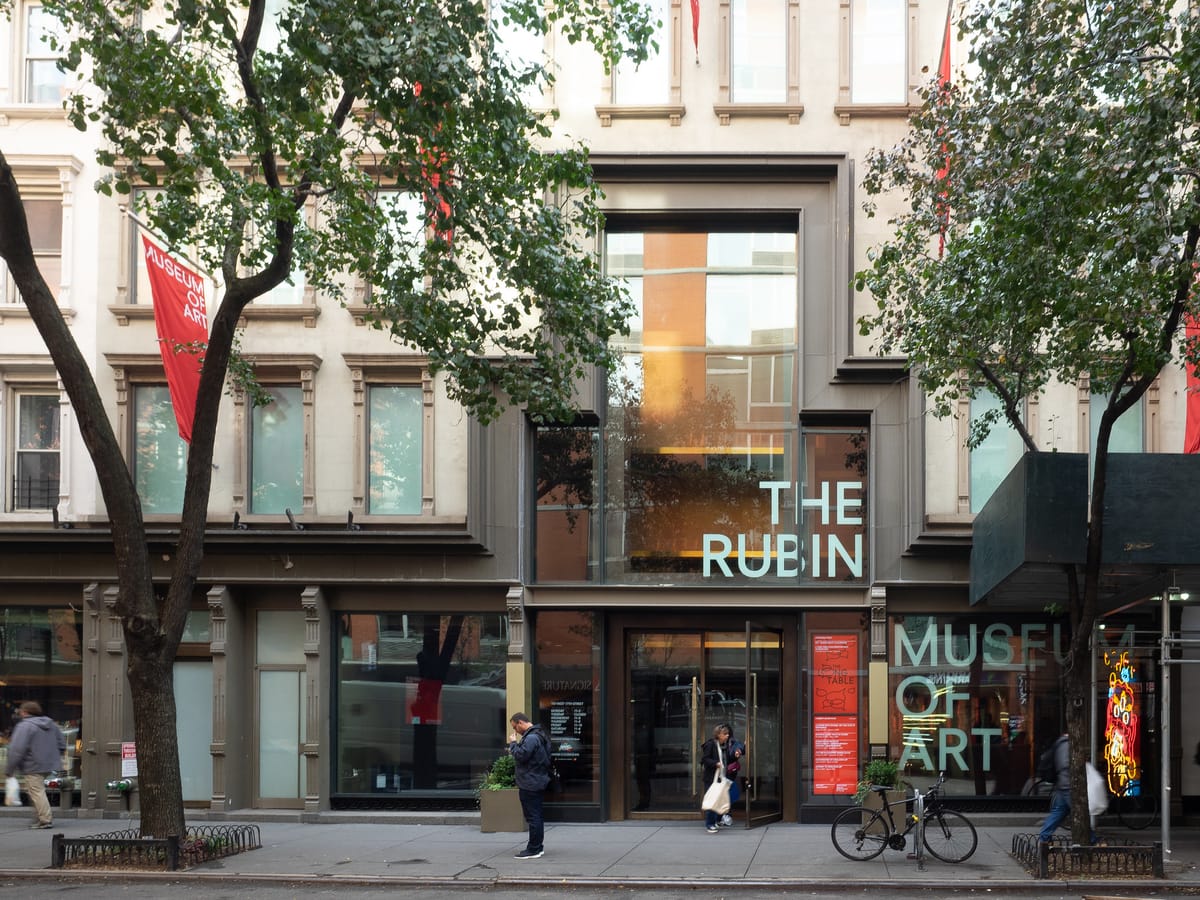
The parent trust of the Rubin Museum of Art has filed a legal challenge to New York City’s tax assessment for the Chelsea building it owns and once occupied, as the institution transitions into a “global museum without walls.”
The Shelley and Donald Rubin Cultural Trust filed the petition last month in New York Supreme Court, according to a copy obtained by Urgent Matter. It seeks to overturn what it calls excessive and unlawful property-tax assessments for the building, which spreads four adjacent parcels on West 17th Street that make up the former museum site.
Such filings are a routine step for institutions contesting city assessments. The Rubin’s comes after a similar filing from the Museum of Chinese in America, which also argued that city assessors overvalued its Chinatown building.
In the Rubin case, the filing, signed by the trust’s operations director Albert Siebenaler, argues that the city’s 2025-26 assessments were “erroneous, unequal and unlawful,” claiming assessors overvalued the combined parcels and failed to apply tax exemptions the nonprofit is entitled to under state and city law.
The trust said the collective market value for the four parcels’ land and improvements is $2.4 million, far lower than the $6 million assessed taxable value claimed by assessors. Public tax records show that the full market value for the collective property is more than $14.4 million.
Founded in 2004 to house the Himalayan-art collection of Donald and Shelley Rubin, the museum announced in January 2024 that it would be closing its New York building and transitioning to a “global museum model” and would become a “museum without walls.” Its final day open to the public was October 6, 2024.
At the time, the Rubin billed the transformation as pioneering new model for what it means to be a museum in the modern era. It said that relinquishing its physical space would allow it to expand its initiatives through grants, traveling exhibitions and loans, and scholarship.
“Today the Rubin continues to present Himalayan art as a global museum through traveling exhibitions, participatory experiences, partnerships and a dynamic digital platform,” the museum’s website reads.
“Thank you for your support these last 20 years. We invite you to stay in touch with the Rubin's work around the world as we reach more people in more places for decades to come.”
Follow along with other lawsuits at Urgent Matter's art lawsuit tracker.
